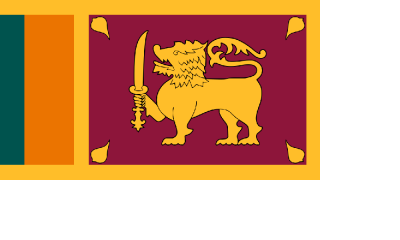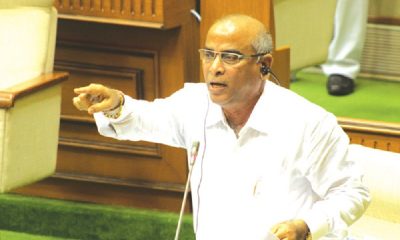Gaming
Nepal government grants concessions to casinos in bid to boost tourism
Three months after the turmoil in the Nepalese gaming industry, the Nepal government has introduced major changes in the taxation structure in the budget for the year 2014-15. After Nepalese casinos were declared illegal following non-payment of royalties and other taxes by casinos, the Supreme Court passed an interim order in June 2014 directing the government not to shut down mini casinos in three and four star hotels.
After months of uncertainty, the Nepalese government based on representation from various casino companies decided to change the royalty and taxation structure. 75% of the total royalty and penalties due has been waived off for casinos which had closed down business prior to 18th October 2013 by submitting a written application to the government. Similarly, 25% of the total royalty and penalties due has been waived off for casinos which had closed down business in May 2014 by submitting a written application to the government.
Further, the annual royalty for casinos has been reduced to 3 crore Nepalese rupees (approximately US $ 311,000) instead of 4 crore rupees applicable earlier. The royalty for mini casinos (casinos having only electronic gaming equipment and slot machines) has been reduced to rupees two crores per annum (roughly US $ 207,300) instead of three crores applicable earlier. A provision has also been made to allow holders of mini casino licenses to operate in four locations simultaneously while one license holder can operate only one live casino.
Interest of 15% per annum will be charged for non-payment of royalties within three months of due date with provision of further 15% per annum penalty for time period exceeding three months. The Ministry of Culture, Tourism and Civil Aviation is expected to be the nodal ministry for payment of royalties and other fees.
It is believed that the steps taken by the Nepalese government will revive the casino industry and boost tourism. Economists believe that incentives are required for various businesses to boost the fiscal health of the Himalayan state which has not performed as per expectations in the past few years. It remains to be seen whether this move to incentivise casinos can revive Nepal’s gaming industry and whether Nepalese casinos will be able to once again attract tourists from India and other Asian countries.


















